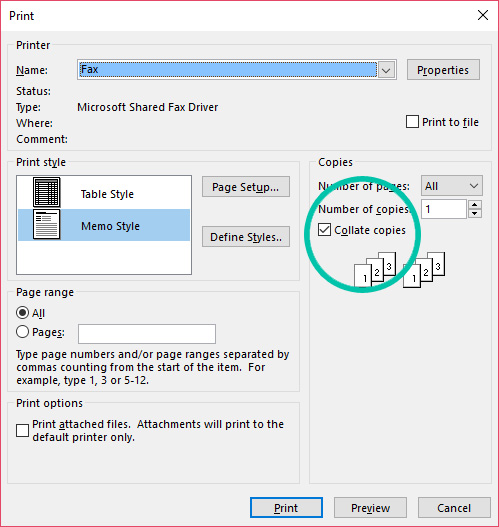

For more information, see Database Identifiers. For example, two tables with names different only in case may be created in a database with case-sensitive collation, but may not be created in a database with case-insensitive collation.

Identifiers of objects within a database, such as tables, views, and column names, are assigned the default collation of the database. Identifiers of instance-level objects, such as logins and database names, are assigned the default collation of the instance. The collation of an identifier depends on the level at which it is defined. Column references are assigned the definition collation of the column. Character literals and variables are assigned the default collation of the current database. You can use the COLLATE clause to apply a character expression to a certain collation.

You can also use the database_default option in the COLLATE clause to specify that a column in a temporary table use the collation default of the current user database for the connection instead of tempdb. If you do not specify a collation, the column is assigned the default collation of the database. You can also specify a collation when you create a table using SQL Server Management Studio. You can specify collations for each character string column using the COLLATE clause of the CREATE TABLE or ALTER TABLE statement.
To collate windows#
Windows Unicode-only collations can only be used with the COLLATE clause to apply collations to the nchar, nvarchar, and ntext data types on column-level and expression-level data these cannot be used with the COLLATE clause to define or change the collation of a database or server instance. If you do not specify a collation, the database is assigned the default collation of the instance of SQL Server. You can also specify a collation when you create a database using SQL Server Management Studio. You can use the COLLATE clause of the CREATE DATABASE or ALTER DATABASE statement to specify the default collation of the database. The COLLATE clause can be specified at several levels. SQL_collation_name is the collation name for a SQL Server Collation Name.Ĭauses the COLLATE clause to inherit the collation of the current database. Windows_collation_name is the collation name for a Windows Collation Name. collation_name cannot be represented by a variable or expression. collation_name can be only a specified Windows_collation_name or a SQL_collation_name. Is the name of the collation to be applied to the expression, column definition, or database definition. To view Transact-SQL syntax for SQL Server 2014 and earlier, see Previous versions documentation.


 0 kommentar(er)
0 kommentar(er)
